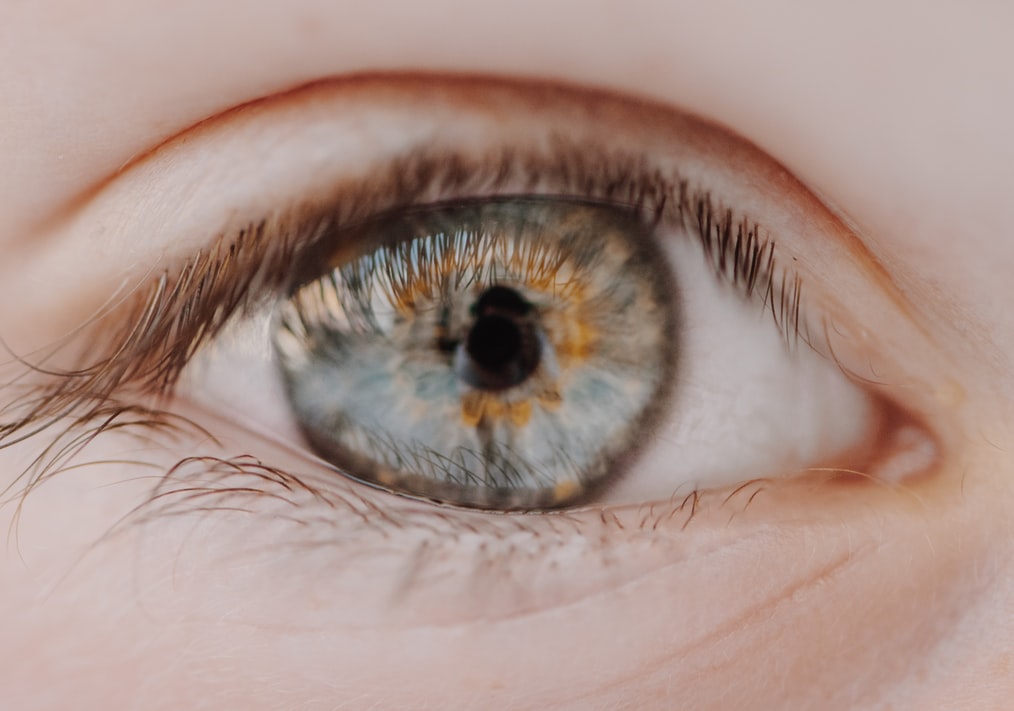
Source: Unsplash | Emilio Garcia
The eyes are a very delicate part of the body. Today, many eye doctors are taking special care to ensure their patients can see properly at all times. In fact, it is not uncommon for both children and adults to need some sort of eye exam and treatment to protect their vision on a regular basis. Some people start earlier than others based on the condition of their eyes and what they can see or not see when they are reading information.
That being said, you want to make sure that you know how to keep your eyes healthy. There are a few things that you should know about their care and the benefits of wearing corrective lenses.
-
Eye Conditions That Make Corrective Lenses Necessary
Some people may never need any type of assistance with their eyes because they have 20/20 vision. On an eye chart, 20/20 vision can be translated into what an optometrist would refer to as perfect vision. Even though most people would like to leave their eye doctors office with this diagnosis, this is not always the case and help may be needed to get the eyes to that measurement. Typically, for those people who need to wear corrective lenses, the reasons can vary from one person to the next. Here are two scenarios that explain what’s happening.
Some people can see whatever they need to see when they are close to the object that they are viewing. In fact, they may not even show signs that a problem even exists. However, when they walk a distance away from that same object, they may have a difficult time recognizing it since the object begins to appear fuzzy. This is what the eye profession would refer to as a condition that is farsighted and some type of corrective lens is required to focus the eye properly.
On the flip side, the same is true for people who can see objects better the further they are away instead of up close to them. In this case, the eye condition that the optometrists would call this condition is farsighted or hyperopic. Whatever the diagnosis that the eye doctor gives to their patients, the corrective lens can help with allowing patients to see these objects clearly wherever the object is positioned.
-
Benefits of a Contact Lens
If you have a problem with your eyes, your physician can prescribe the right eye care treatment for you. For some, he may give you the choice between choosing a pair of eyeglasses to wear or contact lenses. Or, for others, they may have to wear glasses or a special type of corrective contact lens due to the corrective action that must be taken (i.e. astigmatism). In either event, there are some benefits to wearing Simple Contacts versus glasses to support a person’s vision type.
Aesthetic Perks
Wider Visual Access
Improved Viewing Ease
Better Eye Comfort
Feeling Of Normalcy
- Eye Care Problems That Occur During the Winter Season
Some seasons can wreak havoc on your eyes. In fact, you may or may not know that the wintertime usually brings in extreme temperatures and precipitation that affects the body in numerous ways, including the eyes. Therefore, just like you need to bundle the body up to protect from the cold elements, you need to pay very close attention to the threats that this weather can cause to your eye health. Here are a few changes you can expect when the weather gets cold.
– Dryness
– Excess Tearing
– Light Sensitivity
– Redness
– Vision Changes
Any of these changes can occur at any point in time during the winter season. For instance, when the cold air hits the eyes directly, some people suffer from dry eyes and they need to add the moisture back by using the right type of eye drops. Or, the cold wind that hits the eyes may even cause the eyes to produce excessive tears. In both cases, the cold weather during the winter season can affect the eyes in a wide variety of different ways. It is important that you pay close attention to these issues since they can also greatly affect contact lens wearers. Our eyes are important and need protection. Go to your eye doctor with questions and get the help you need.